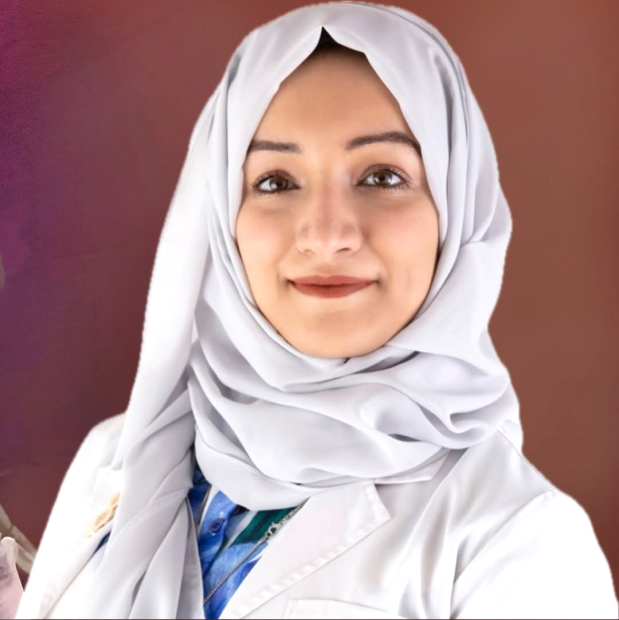Primary physicians in Bahrain who deal with people on the spectrum, especially children, must look out for ‘blind spots’ and keep sensory kits on standby to make them feel comfortable, a top medic has said.
Autism activist Dr Fatema Marhoon emphasised the importance of medics educating themselves on ways to deal with autistic individuals, as she spoke at a recent conference at the Gulf Convention Centre, Manama.
Autism may not be necessarily visible in patients and it is important to look for ‘silent signs’ of the condition, she said, during her lecture titled ‘Blind spots of Autism for Primary Physicians’.
“Autism Spectrum Disorder (ASD) is the second most prevalent neurodevelopmental condition in childhood following ADHD,” she said.
“ASD affects around 75 million individuals worldwide, approximately one per cent of the global population.
“Despite its prevalence, autism remains an invisible disability, often influencing medical judgement and the quality of healthcare services.
“From communication barriers in clinical encounters to delays in diagnosis, autistic individuals frequently face challenges in accessing appropriate medical care – not just in Bahrain, but around the world.
“Sensory sensitivities and behavioural differences further complicate healthcare experiences, leading to unmet needs and misinterpretations.”

Dr Marhoon
Being the mother of a child with autism, Dr Marhoon has worked tirelessly over the years to raise awareness about neurodiversity and social acceptance. She has authored an audiobook on raising children with the condition, titled The Autism Spectrum Disorder Guide.
Additionally, she is the first Bahraini graduate of Genetic Counselling Training in Oman, and the first Bahraini physician to be trained on Next Generation Sequencing at Harvard Medical School in Boston.
Dr Marhoon urged primary care physicians in Bahrain to be aware of potential ‘blind spots’ when it comes to treating or examining patients with ASD.
“There are a number of ‘silent barriers’ when autistic patients visit a doctor,” she said.
“Physicians in Bahrain should understand that these patients, especially children, may be non-verbal, not as communicative, or are unable to express their feelings. They may not respond to your questions or stay focused for long, and may not appear to listen even if they usually do.
“There is a risk of them being overly stimulated by their environment, and they may find ways to soothe themselves by rocking back and forth or covering their ears.
“If not supervised, they may also attempt to flee into unsafe situations.”
Dr Marhoon recommended some solutions physicians can utilise to ensure their appointment with an autistic patient goes as smoothly as possible.
“You can use a picture board to provide better clarification or help you get to the correct answer,” she said.
“Make direct contact with them, and if they are children, get down to their level and use simple language.
“Ask the individual to show you where the pain is, use a model or doll, if necessary.
“Calmly explain step-by-step what it is that you are doing with visual cues, and have a sensory kit ready to make them feel at ease. The kit can contain stress balls, fidget spinners and just calming toys in general.”
The GDN reported in March that Education Minister Dr Mohammed Mubarak Juma said that education remains a key sector in the 2025-2026 budget, with multiple initiatives planned.
Aside from hiring Bahraini educators, particularly fresh graduates from Bahrain Teachers College, new school constructions and academic infrastructure expansions were announced across 80 schools. This includes 13 additional classrooms for students with autism and recruitment of specialised teachers.
nader@gdnmedia.bh

&uuid=(email))